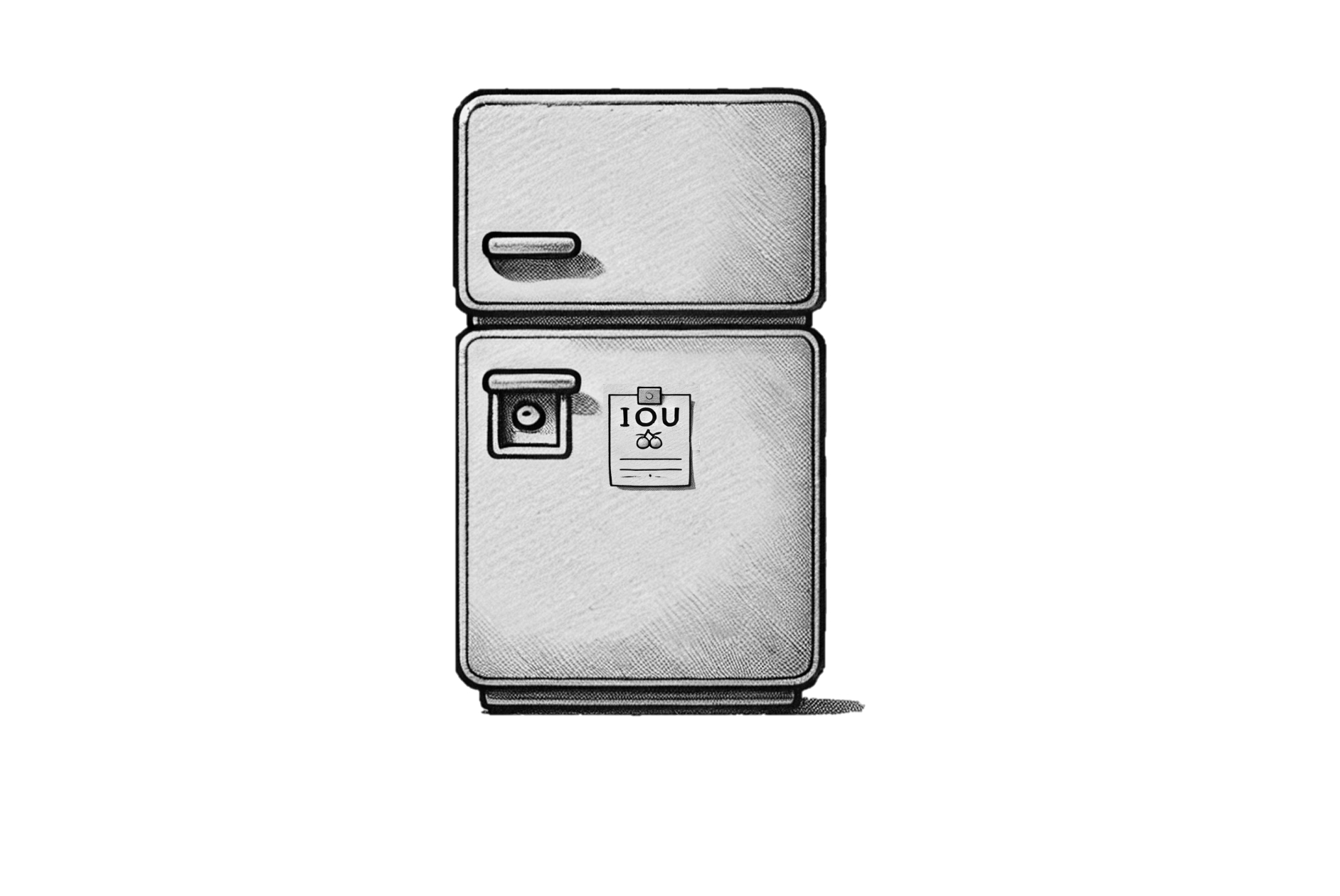
Welcome to a series on the business implications of great landmarks in the arts and popular culture. As a team, we continually share our thoughts about all the books, films and TV we’re watching and reading. It dawned on us recently that we’re often seeing parallels between all these cultural things and our day jobs. So, we’re joining the dots in this series and actively thinking about what we can learn in our lives, in business, branding, research and marketing from the cultural events that we’re immersed in.
Third up is Louise and a poem about plums…

I remember the very first time this caught my eye. It’s stored in my brain like a live photo on an iPhone; a soundless three second snippet.
New to London life but intuiting the horror of catching the eye of the suited strangers opposite me.
There it was, a poem, filling the unsold ad space. Invitingly short; not the dense stuff of school texts.
I remember the incongruity of it there, and the relief of a moment of entertainment.
A couple of decades later, it struck me it also offers a decent set of principles for marketers:
It’s tightly condensed, with not a single word that doesn’t need to be there. Brevity has always been the marketer’s friend; all the more so in the age of scrolling and skipping. No surprise that 30 second TV executions tend to outperform 60 seconds.
It has a twist. Arguably the best trick in any marketer’s book is a subversion of expectations, and this note-on-the-fridge-turned-poem is a great example of this. This is accessible, distinctive from other poems and irresistibly appealing, when poetry is often seen as difficult, abstract, hard to approach.
It’s built on personal connection which is both broad and deep. Broad because everyone can see themselves in front of the fridge; and connects deeply with a recognisable guilt of succumbing to greed and a glimpse of indulgent forgiveness to come. All too often ads lack this magic combination.
It trusts the audience just enough. This is a delicate balancing act when dealing with storytelling in low attention environments. There’s a reward in decoding the story, but there are enough clues that the reader doesn’t have to work too hard.
It’s not what you do, it’s how you do it. This could be a mundane note on the page, but the way it’s laid out and the rhythm make it a poem. It is easy, inviting and rewarding to read.
Media is message. Most of us didn’t meet this poem in the pages of a poetry anthology, but on the underground, trying, like me, to avoid eye contact with our fellow passengers. This adds to its surprise, charm and democracy. Media is message.
Plus, it’s a little bit funny. Almost always a plus.
There is one thing it doesn’t do so well, mind you. Bet hardly anyone remembers the poet’s name, it screams ‘don’t read me’ in grey. Making the poet’s name bigger wouldn’t help, because it’s a non-essential part of the story.
Louise
